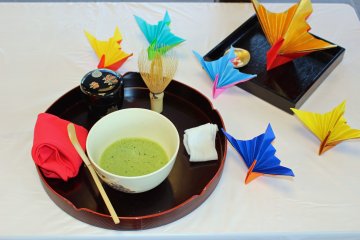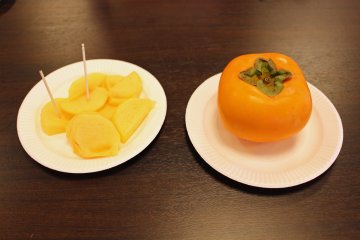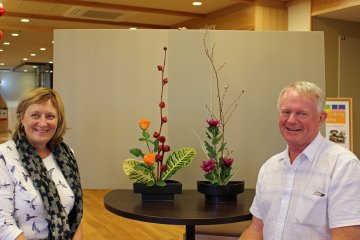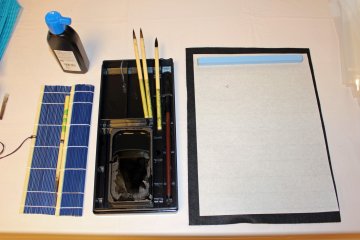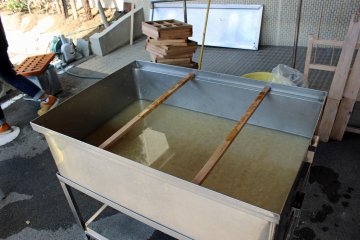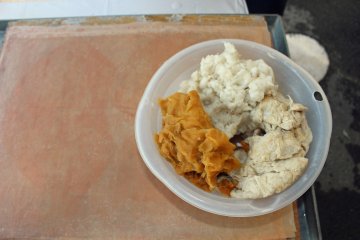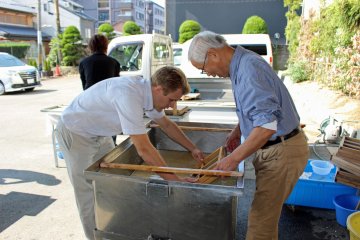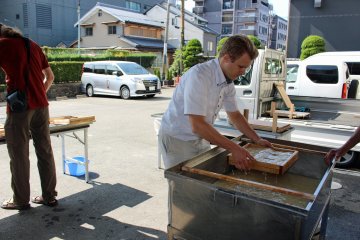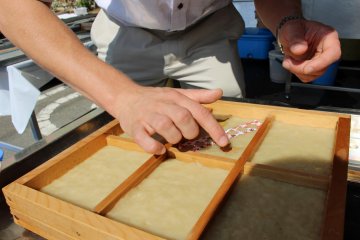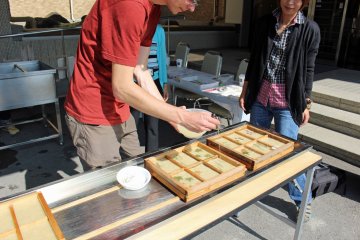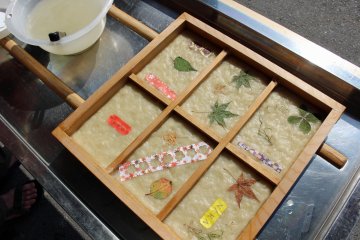“Paper came to Japan from China before records became reliable,” the papermaking instructor informed me. “When it came papermaking was exclusively in the hands and control of the aristocracy. Then in the 7th century there was a fight over succession to the Imperial throne between two brothers, Otomo no Oji and Oama no Oji.
“Otomo took control of the throne and drove Oama out. Oama fled to Yoshino where he studied as a monk and rallied followers. He also taught the people of Yoshino how to make paper while he was there. Then in the Jin Shin no Ra conflict of 673, Oama staged a successful coup-d’etat against his brother and acceded the throne to become Emperor Temmu. After that and as a result of Oama teaching the people of Yoshino how to make paper, the art of papermaking proliferated across Japan.”
The NARA Visitor Center & Inn
On the 23rd of July this year, 2015, Nara Prefecture opened the NARA Visitor Center & Inn on the south bank of the Sarusawa Pond next to Nara Park. With two walls worth of travel literature (one for Nara and the other for Kansai and elsewhere in Japan), three laptop computer terminals, several tablets, and free Wi-Fi in the Travelers’ Lounge, and multi-lingual staff on hand to answer questions, it has become the one stop shop for visitors to Nara. Its crown jewel is the free cultural activities. A different cultural activity is offered each day of the week and new seasonal activities are rotated into the schedule each month.
Washi Paper Making
Japanese washi papermaking was rotated into the schedule for September and October and the classes are conducted and overseen by a washi master from Yoshino-cho. Participants had the option of making their own business cards or postcards, and an assortment of dried leaves, flowers, grasses, or decorative paper strips with patterns or characters were provided to add a decorative touch. Once participants have chosen their decorations, they take a wooden postcard or business card sized keta mold and sudare filter from the master and scoop it through a tub of liquid paper pulp (the pulp is made from a mix of white cedar bark, mulberry bark, and a locally produced filler pulp). Once the excess water has drained out it’s time to decorate one’s creations and seal the decorations into the postcards or business cards by ladling more pulp into each mold. Letting the finished products dry takes time but the Visitor Center will mail participants’ creations to their home or accommodations in Japan. The cards are an excellent souvenir and all the more special because you made it yourself. They are also much stronger than cards made from conventional paper pulp because of the length and durability of the natural fibers.
Getting There
The NARA Visitor Center & Inn is a 10-minute walk from Kintetsu Nara Station. Walk downhill through the Higashi-Muki covered shopping street to the Sanjo-dori shopping street (not covered), turn left and then walk straight until you reach the Sarusawa Pond. The Visitor Center is the brown brick building on the far side of the pond.
From JR Nara Station go out the east exit and walk straight up the Sanjo-dori shopping street until reaching the Sarusawa Pond. The walk will take about 20-25 minutes.



